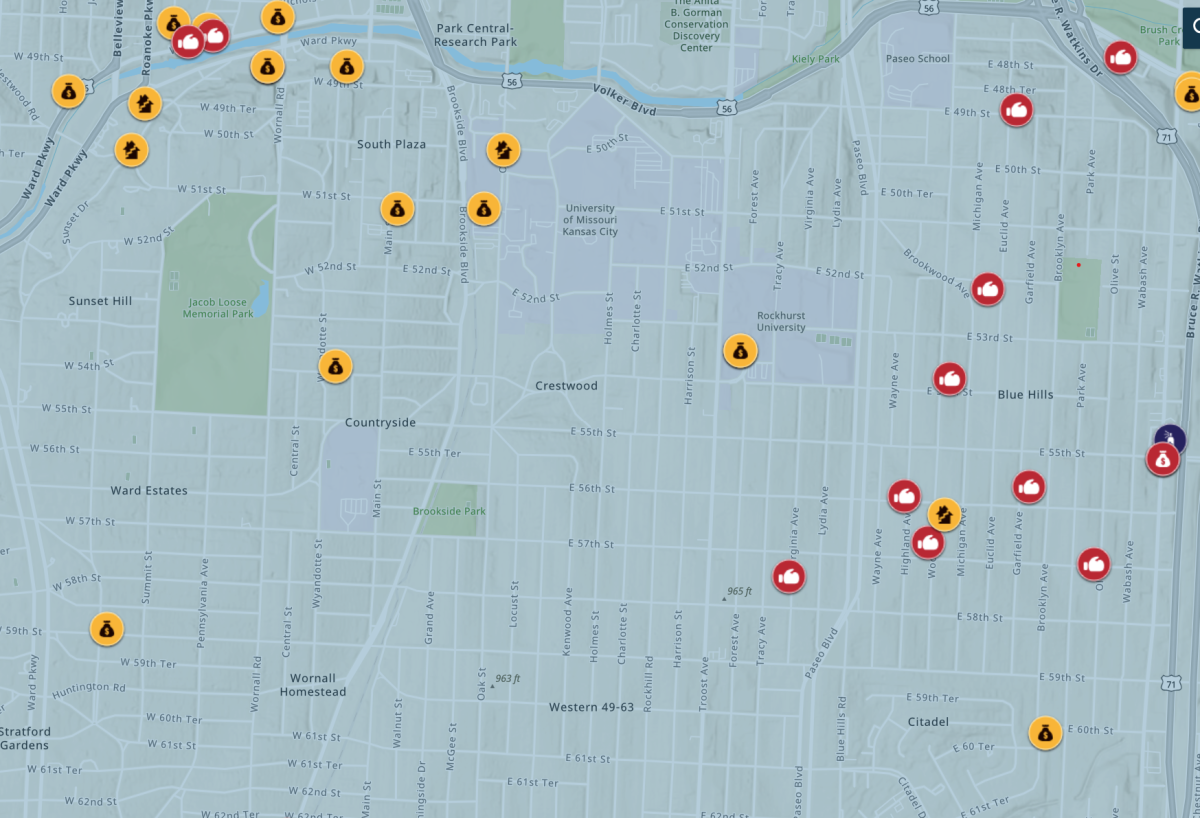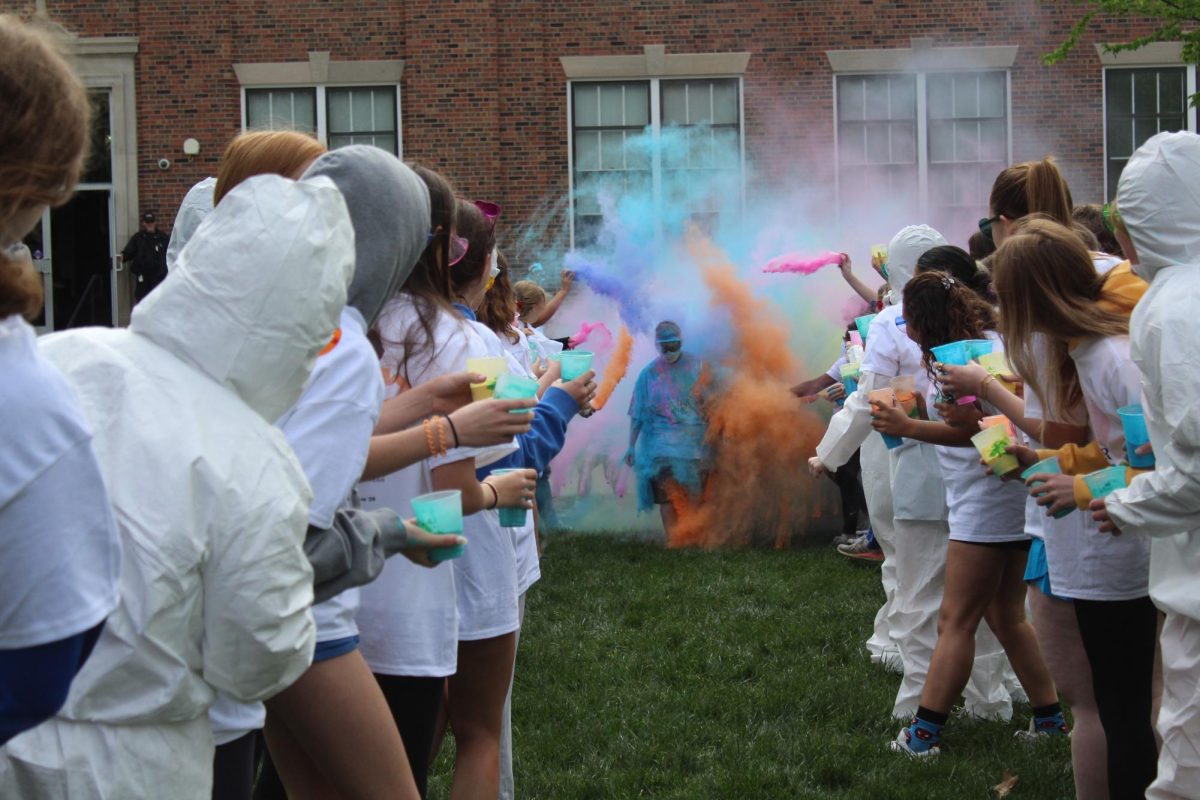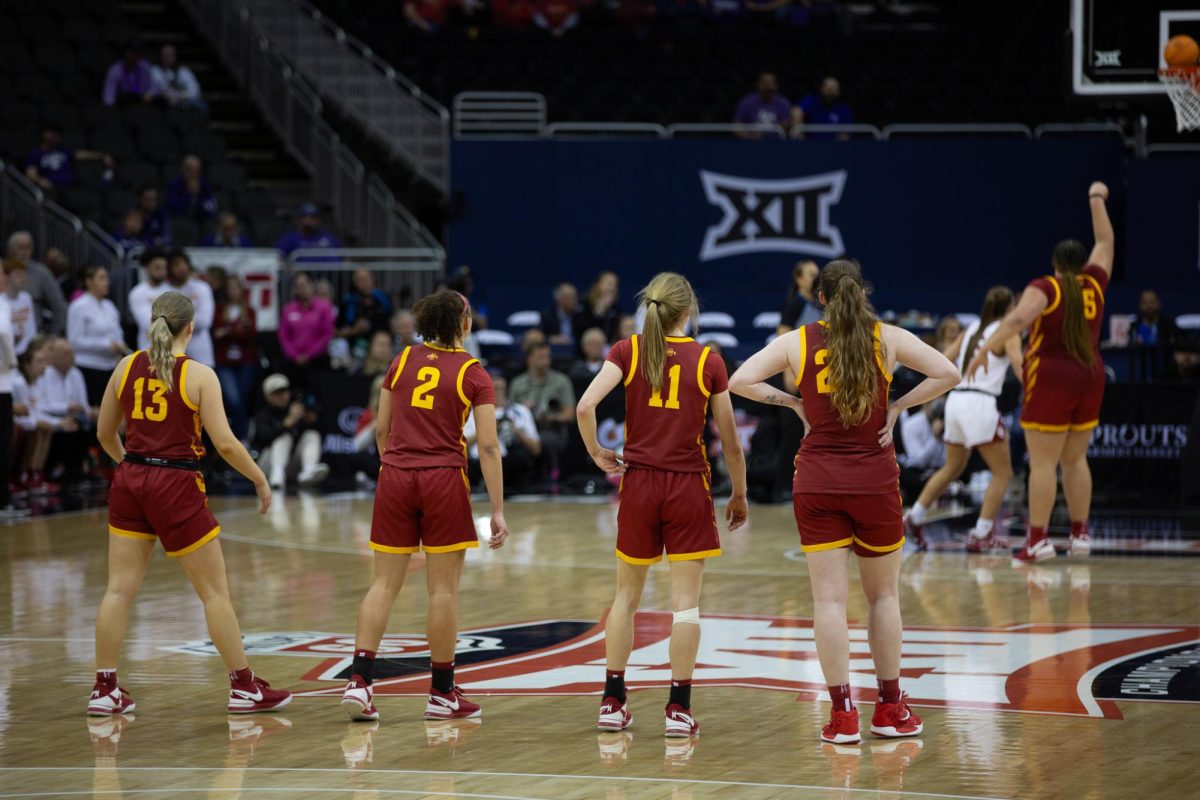by Sara-Jessica Dilks
On Nov. 6, Colorado and Washington became the first states to legalize the recreational use of marijuana.
The state of Washington approved the law Initiative 502, which will be enacted on Dec. 6.

The state of Colorado approved Amendment 64, which will be enacted by or before Dec. 23.
Washington and Colorado were two of three states to propose the legalization of recreational marijuana; Oregon was the third state to propose the law, but it lost by popular vote.
According to the Marijuana Policy Project, the laws in Washington and Colorado specify that marijuana usage only applies to those who are ages 21 of age or older, and that one may possess up to only one ounce of cannabis (the scientific name for marijuana) at any given time. Additionally, marijuana consumption or display cannot be done in public. While cannabis sales tax in Colorado cannot exceed 15 percent, cannabis sold in Washington will have a mandatory 25 percent sales tax. Both states will allow for individual cities, districts or counties to choose to ban recreational marijuana usage altogether.
However, UMKC Associate Professor of Law Allen Rostron points out that the new marijuana legalization in the individual states of Colorado and Washington conflicts with current federal laws that disallow marijuana usage altogether.
“Federal laws basically prohibit marijuana completely,” Rostron wrote in an email, “If the federal government wants to go after people for having marijuana in Colorado or Washington or anywhere else, it can still do so.”
Rostron also notes that because the federal government has supreme power, it is able to override the laws of individual states if it wishes.
USPharmacist.com states that marijuana can be used medically to relieve some side effects (such as vomiting, nausea, or loss of appetite) associated with chemotherapy treatment, as well as to treat pain associated with spinal cord injury, AIDS, Tourette’s syndrome and other conditions that can cause intense discomfort. Medical marijuana is legal in the following 18 states: Alaska, Arizona, California, Colorado, Connecticut, Delaware, Hawaii, Iowa, Maine, Maryland, Massachusetts, Michigan, Montana, Nevada, New Jersey, New Mexico, Oregon, Rhode Island, Vermont and Washington, as well as the District of Columbia.

STA alumna Celia O’Flaherty, who currently attends Gonzaga University in Spokane, Wash. recognizes that voters from Seattle contributed to the new approval of the drug.
“Seattle is a huge liberal city and that’s where most of the voting results come out of, and the [remainder] of Washington state is pretty conservative,” O’Flaherty said. “I feel like there’s generally a stereotype that there’s more marijuana users out here [in Washington], maybe because of the whole mountainous-nature culture.”
Gonzaga University vice president for student life Sue Weitz wrote in an e-mail to all current Gonzaga students that a ballot measure “in any state that decriminalizes and/or legalized marijuana does not ‘undo’ federal law.”
Additionally, the White House Administration states on their official website thewhitehousegov.org that they “oppose drug legalization” altogether because it “threatens public health.”
The legal prohibition of marijuana resulted in more than 780,000 arrests in the United States in 2011, which is “far more than the total number of arrestees for all violent crimes combined.”










